Understanding the Impact of Sickle Cell Disease
This infographic for sickle cell awareness was produced by the new Sickle Cell Disease Coalition, formed by American Society of Hematology.
This infographic for sickle cell awareness was produced by the new Sickle Cell Disease Coalition, formed by American Society of Hematology.

Sickle Cell Services By Bedford, Louis & Ellicott, LLC The Sickle Cell Disease Association of America, Inc. (SCDAA) has released The Sickle Cell Services

FDA is releasing six public service announcements, a blog, and an infographic to encourage people of diverse races and ethnicities to participate in clinical trials.
You can be a #ClinicalTrialsChampion by sharing these resources far and wide! Spread the word: a person’s race or ethnicity can affect how his or her body responds to medicine.
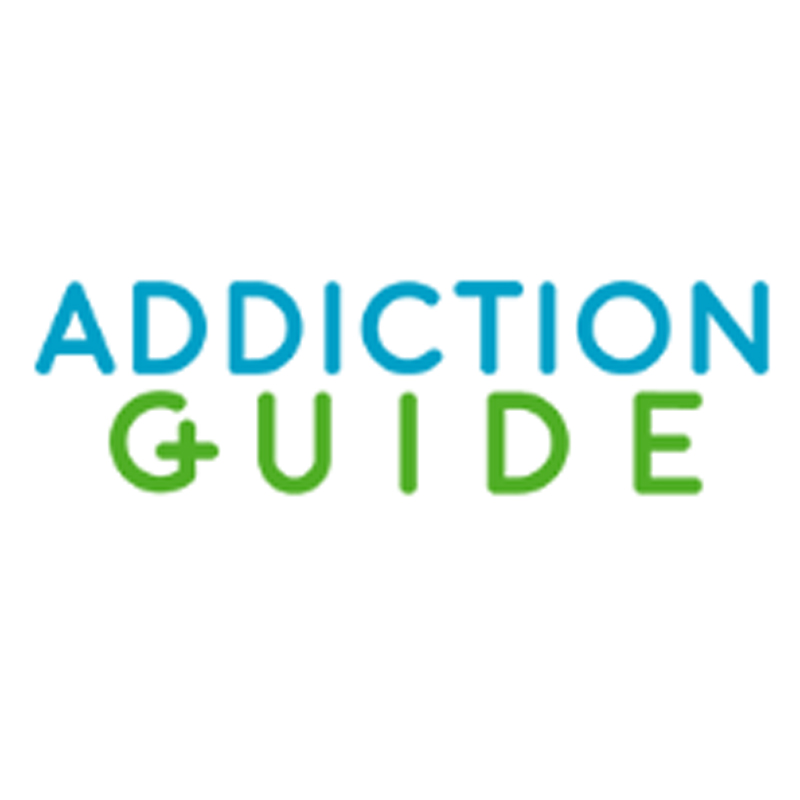
Addiction Guide was created to provide the most comprehensive up-to-date information about various addictions and how to overcome them. We are not a treatment center, but through our network of centers and connections across the country we can provide outlets for people seeking help. We are a diverse team of recovering addicts, healthcare professionals, and patient advocates who can provide you with tools and advice to help you regain control of your life. By increasing awareness and including this resource on your page, millions of Americans across the globe will have the best opportunity to find the right treatment for them and improve their quality of life.
Our mission at Addiction Guide is to serve you. By spreading awareness, more and more people can become educated about their treatment options. We understand that there is no perfect formula for recovery. Everyone’s journey is different but we firmly believe that with the right help, a personalized recovery plan can be created for everyone. Visit www.addictionguide.com to learn more.

In April 2015, Georgia Gov. Nathan Deal signed into law the Haleigh’s Hope Act. This law legalizes the medical use of low-THC oil (cannabidiol or cannabis oil) for alternative treatment of certain approved medical conditions in children and adults, including sickle cell. For sickle cell patients, the diagnosis must be severe or end stage, as determined by the physician.
Visit the Children’s Healthcare of Atlanta (http://www.choa.org/Patients-Families/During-Visit/Childrens-Hospital-Patient-Safety/Medicine-Safety/Low-THC-Cannabis-Oil) and/or the Georgia Department of Public Health (http://dph.georgia.gov/low-thc-oil-registry) websites to learn more about low THC oil.
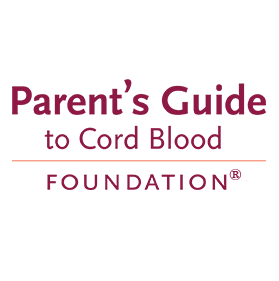
Cord blood treats over 80 diseases including leukemia and lymphoma. Donations are painless and are being used to save the lives of children and adults around the world. To learn more and download a free guide, click here.
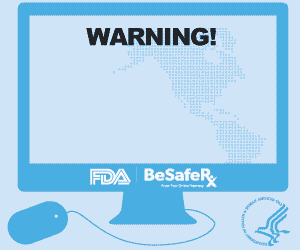
Before you consider purchasing prescription medicines from an online pharmacy, especially one that’s not associated with a health insurance plan or local “brick and mortar” pharmacy, check out FDA’s BeSafeRx – Know Your Online Pharmacy website and resources.
Sickle cell anemia is an inherited form of anemia — a condition in which there aren’t enough healthy red blood cells to carry adequate oxygen throughout your body.
Normally, your red blood cells are flexible and round, moving easily through your blood vessels. In sickle cell anemia, the red blood cells become rigid and sticky and are shaped like sickles or crescent moons. These irregularly shaped cells can get stuck in small blood vessels, which can slow or block blood flow and oxygen to parts of the body.
Read more at the Mayo Clinic
Sickle cell anemia is a disease in which your body produces abnormally shaped red blood cells. The cells are shaped like a crescent or sickle. They don’t last as long as normal, round red blood cells. This leads to anemia. The sickle cells also get stuck in blood vessels, blocking blood flow. This can cause pain and organ damage.
Read more at MedlinePlus
Too often in the past, people with sickle cell disease were denied jobs or fair treatment at work solely because they had sickle cell disease.
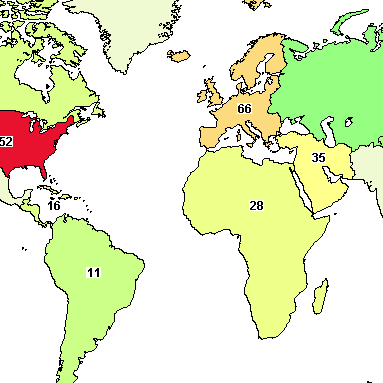
A searchable map offered by ClinicalTrials.gov
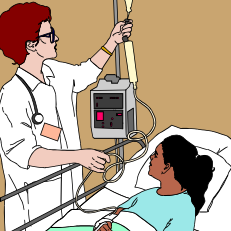
Sickle Cell disease is a group of inherited red blood cell disorders. It is the most common genetic disease in the US. About 100,000 Americans have sickle cell disease.
This article includes a link to a handout for printing and distribution.

What are the possible complications of sickle cell disease, and what can be done to help these complications?
A list of frequently asked questions concerning basic information about sickle cell disease. Includes a printable fact sheet.
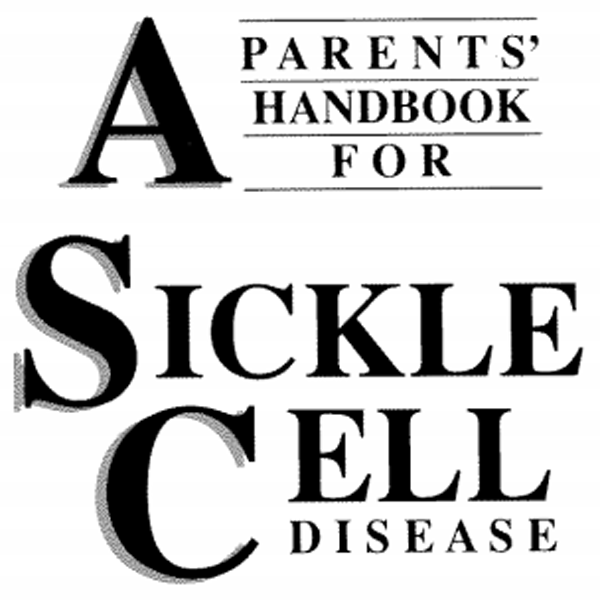
From The Virginia Sickle Cell Awareness Program
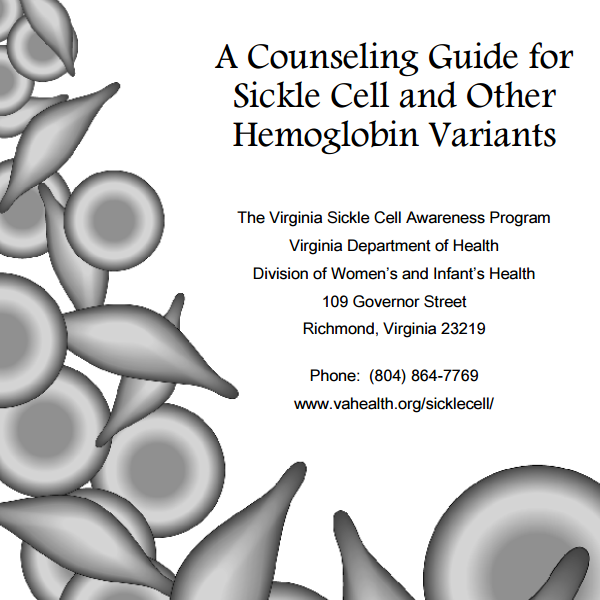
A complete guide for counseling and education for the most common hemoglobin variants identified through Virginia’s sickle cell screening program.
This form is designed to help facilitate understanding of the family’s circumstances, knowledge of sickle cell disease, and satisfaction with health care and to identify patient and family concerns and potential barriers to appropriate treatment. It should be completed by the family when the child is not ill (e.g. in the waiting room prior to a clinic visit) and subsequently reviewed with the family by a health care provider.
Patients and families should watch for the following conditions that need an urgent medical evaluation:
• Fever of 101° F or higher
• Chest pain
• Shortness of breath
• Increasing tiredness
• Abdominal swelling
• Unusual headache
• Any sudden weakness or loss of feeling
• Pain that will not go away with home treatment
• Priapism (painful erection that will not go down)
• Sudden vision change